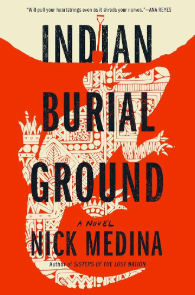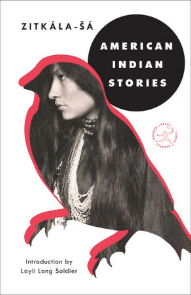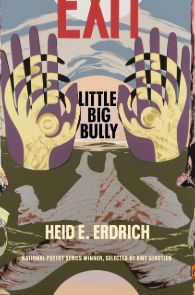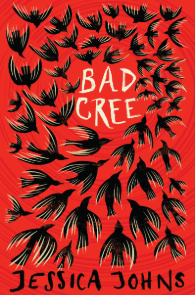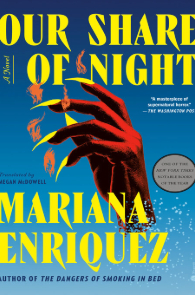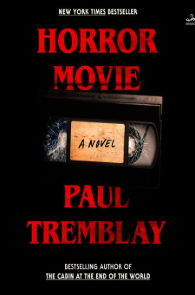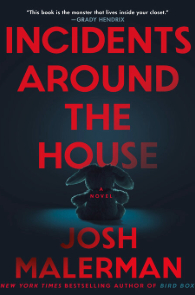By Ava Gessl, Undergraduate Library Making Fellow, 2024-2025
As I finish the first half of my third and final year as a Library Fellow in the Doe Library Makerspace, I am deeply grateful for all of my experiences both learning and teaching new crafting skills. It has been rewarding to watch the Makerspace grow and have new people coming in every week, either discovering it for the first time or to continue work on ongoing projects. I’ve had the privilege of teaching sewing, crochet, and other crafting techniques, while also learning from students, the new Makerspace fellows, and the Makerspace staff about the challenges and rewards of crafting and teaching.
One of the highlights of this year has been my involvement with the Make of the Month, a series of crafts that my other library fellows and I worked on to prepare materials and instructions for fun and simple crafts on Tuesdays this semester. This opportunity has allowed me to interact with students in a relaxed and informal setting. I enjoyed guiding students through the craft and helping them walk away with something they made. I think the beauty of these workshops lies in their accessibility. They’re perfect for anyone—whether you’re a seasoned crafter or someone who’s just picked up a needle and thread for the first time. People are able to walk into the Makerspace for the first time and get the chance to learn about the space and create something.
However, what I’ve learned about teaching these workshops is that it’s not always as easy as it seems. Behind each session, there’s a lot of planning and preparation that goes into making sure everything runs smoothly. From learning the craft myself to breaking down each step into digestible instructions, there’s an entire process of trial and error. However, each hiccup presents an opportunity to learn from the other library fellows to refine my approach and learn how to better navigate these situations in the future.
One of the workshops I participated in was designing and leading a card-making class. I had the opportunity to design a few new card designs and explore how to make them interactive and fun. One of my favorites was creating a slider card of a cow being abducted by aliens. It was a blast finding new ways to make these cards work and experimenting with different mechanisms to get the sliders to move smoothly. It reminded me how much fun it is to play with paper and explore new ways to create something beautiful and functional. Seeing students want to try my design and lighting up when they completed it was a moment of pride, and it was amazing to share that sense of accomplishment with them.
Another workshop I loved was the Needle Felted Mushroom series. I’ve always been drawn to needle felting, and this workshop gave me a chance to not only teach from experience but also indulge my own creative side. In preparing for this workshop I created three tiny felted mushrooms of different colors and shapes, to display to students the wide variety of creative options needle felting allows. The process of sculpting wool fibers into such delicate, three-dimensional shapes was both relaxing and fulfilling. It was especially fun to watch students get lost in the rhythm of felting, turning simple materials into tiny works of art.
Another key aspect of being a Library Fellow this year has been working more closely with the new cohort of fellows. It’s been an exciting experience to collaborate, share tips, and troubleshoot together. In many ways, teaching is just as much about learning from your students and fellow Makerspace staff as it is about offering instruction. As a team, we’ve spent a lot of time refining our teaching strategies, streamlining workshop materials, and developing a more effective way to guide students through each project. Working together to develop the Make of the Month and monthly workshops has been very helpful in gaining multiple perspectives on how students may want to pursue their crafts and how best to support them.
Looking ahead to my final semester, I’m excited to continue exploring new crafting techniques and working alongside students and other Makerspace fellows. I’ve learned so much over my experience as a Makerspace fellow, and I know there’s still so much more to discover. Each workshop is an opportunity to grow, to connect, and to share in the joy of making something from scratch. The Makerspace has become a place where I feel not only challenged and inspired but also supported by a community of fellow makers who share the same passion for creativity and crafting. I’m grateful to be part of such a dynamic and supportive community of makers. The possibilities are endless, and I’m excited to keep crafting, teaching, and inspiring the next wave of creative minds at Berkeley.

